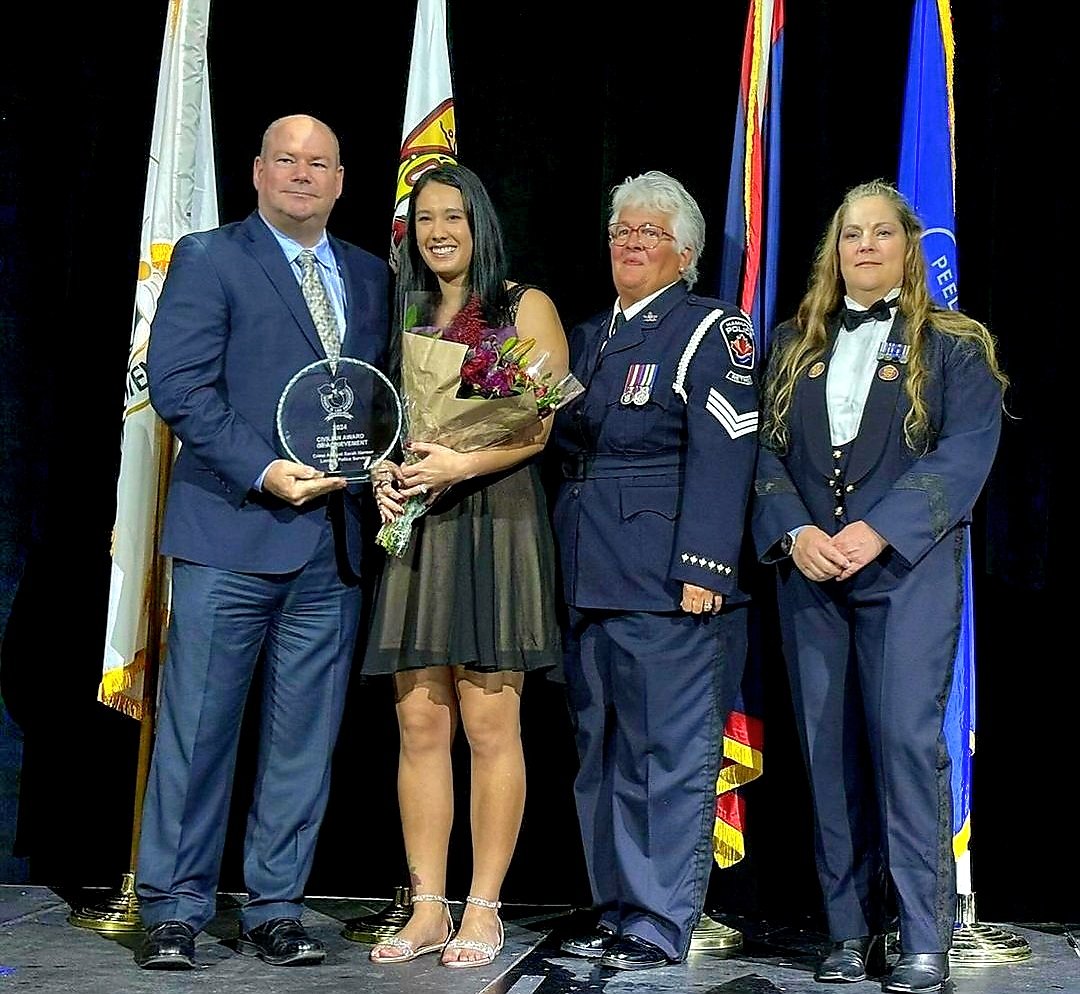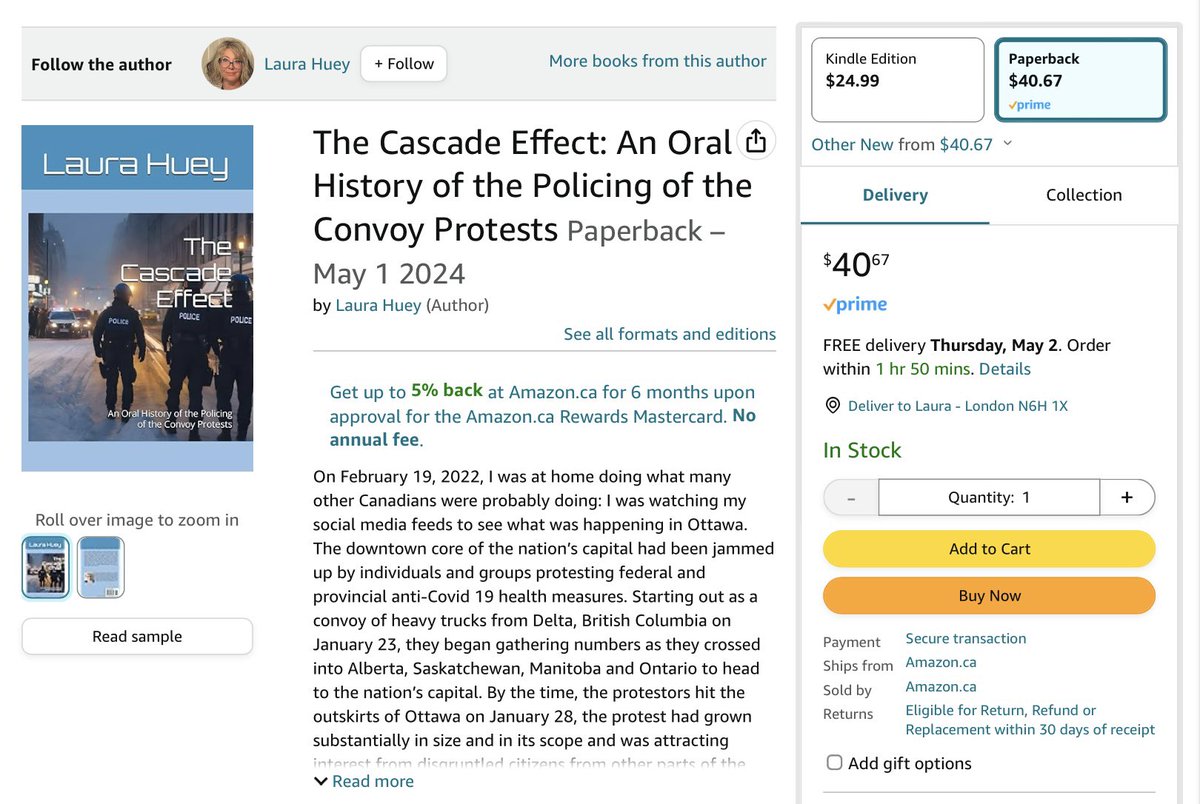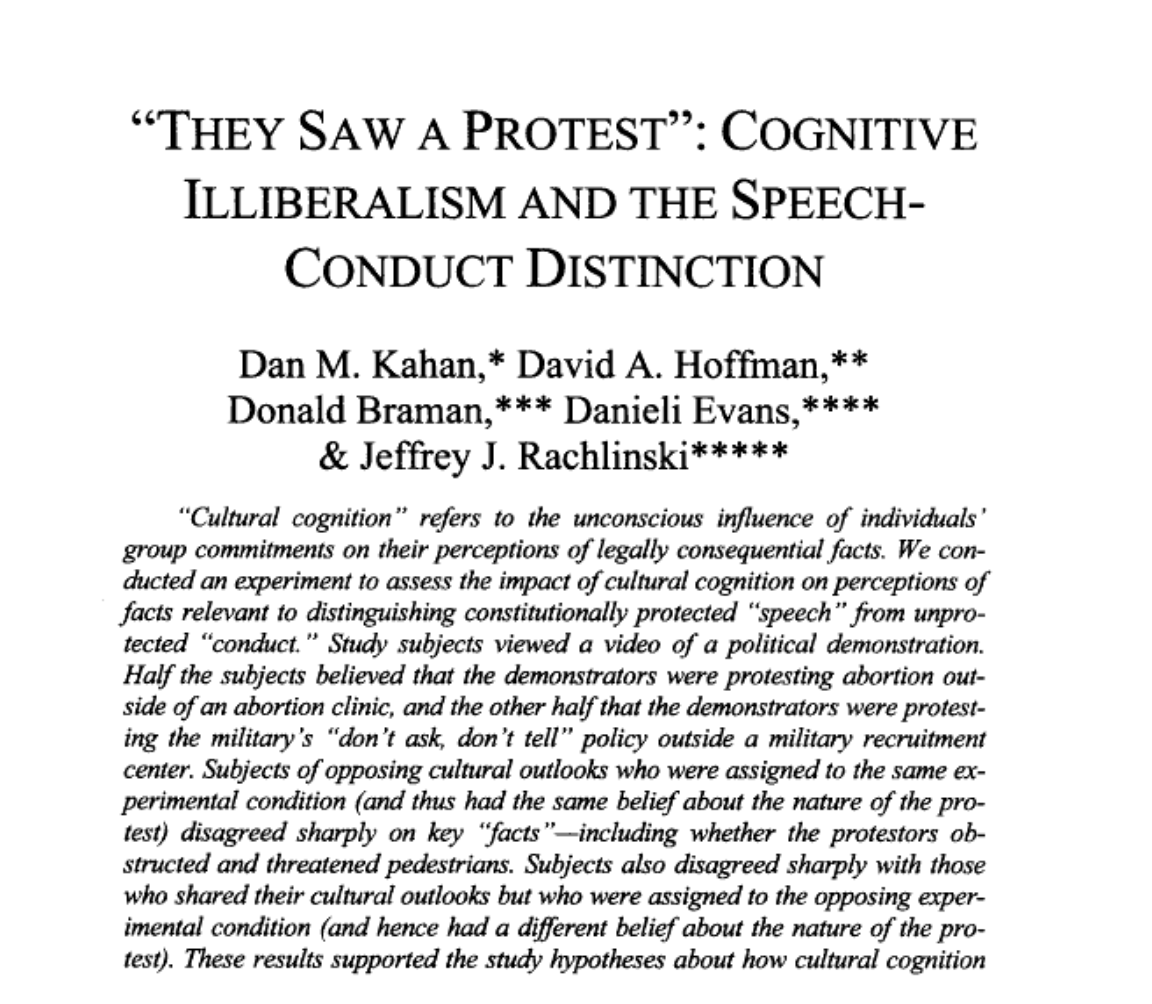
Craig Bennell
@BennellCraig
Psych Prof, Carleton U | Director, Police Research Lab | Policing, Mustang GTs, Toronto Raptors, F1, and drumming.
ID:495105102
http://carleton.ca/policeresearchlab/ 17-02-2012 16:12:25
3,7K Tweets
1,6K Followers
2,4K Following

No One Knows by QueensOfTheStoneAge is one of my all time favourite tracks to play on drums. When my first cover of No One Knows when viral, I was 9, I never thought I would be on Drumeo 4 years later performing it again. Crazy!
#queensofthestoneage #drum eo #nooneknows #drum #drum s…
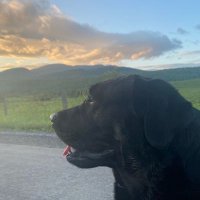
Another wonderful event organized by SfN Ottawa Chapter to raise funds in support of local charities. Huge shout out to NeuroCarleton students volunteers that make this magic happen!!

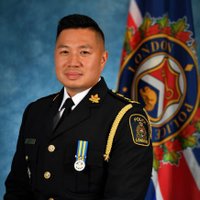

Interesting paper from Spencer Chainey and Patricio R Estevez-Soto that found hotspot patrols were effective at reducing robberies over multiple years, and deals with the awkward analytical problem of simultaneous changes in crime-recording practices.
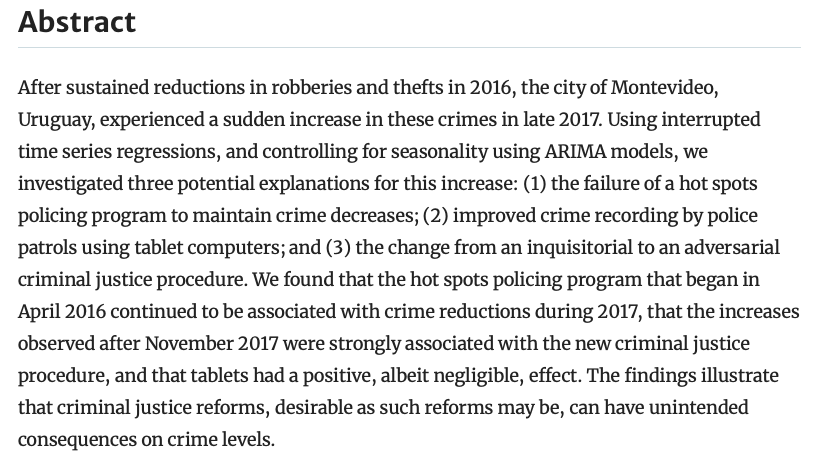


Interesting new experimental work from Linda Balcarová, M.A., Justin T. Pickett et al. Black Americans want same or more policing, even as crime falls. This preference looks *more* firm than among non-Black respondents. More evidence to consider in discussions of over/under policing.


Coming May 15th in-person at Carleton University, put on by CU_MeWeRTH
'Mind and Law: Exploring Mental Health in the Criminal Justice System'
Conference will take place from 9:00 am - 2:30 pm, EST
carleton.ca/mental-health/…

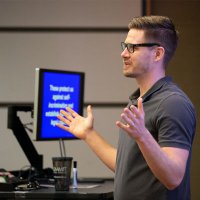


Did you know that reading and community are both associated with improved well-being and cognitive function. Join@MeWeRTH’s Reading for Well-being Community Book Club. Sign up here, carleton.ca/mental-health/…. Professor Pozzulo announces her first pick June 1st!
Carleton's Faculty of Arts and Social Sciences Carleton University



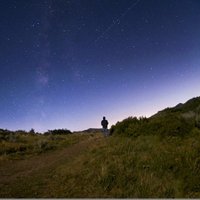


Teaching an evidence-based policing course with
Kyle McLean and Michele Covington all week.
The research that consistently gets a ton of engagement with police executives shows that we can predict future promotions from cadets' headshots taken decades earlier.
psycnet.apa.org/doi/10.1007/s1…


